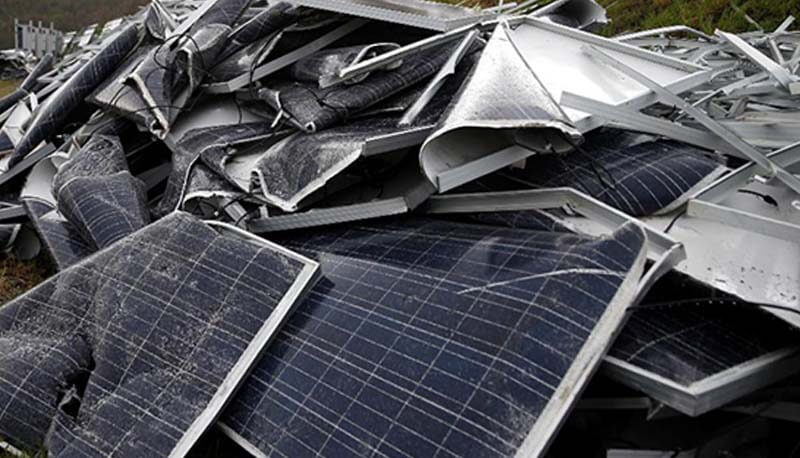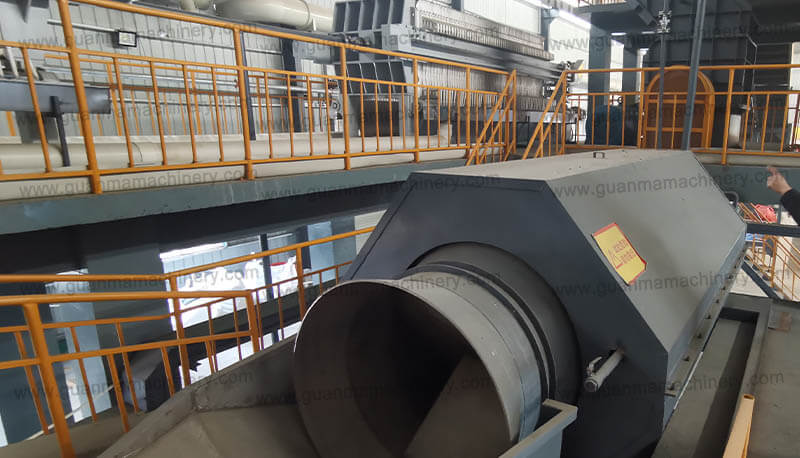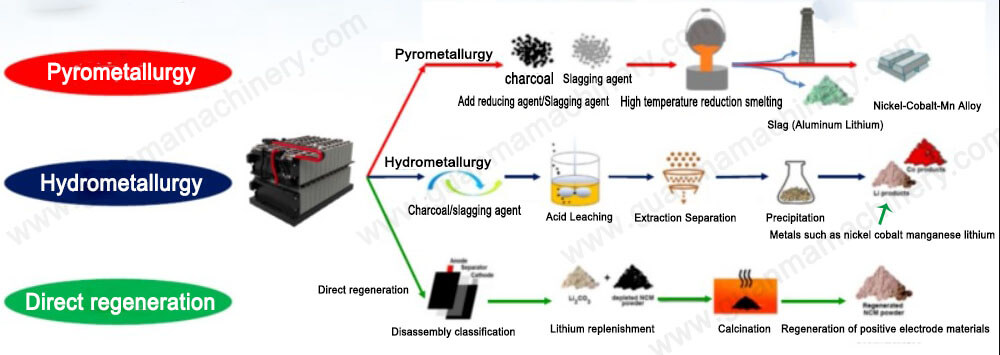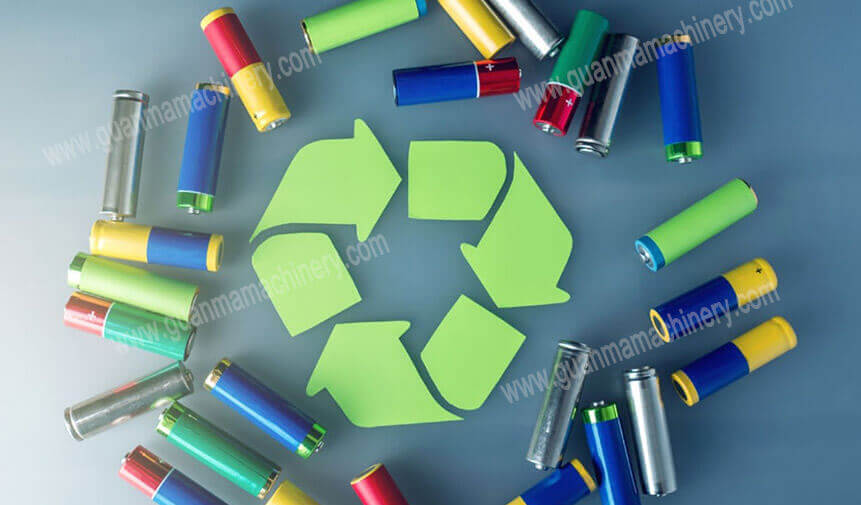Electric vehicles (EVs) have become a cornerstone of the global push towards sustainable transportation, but the question remains: what happens to their lithium-ion batteries once they reach the end of their life cycle? The answer lies in the efficiency and efficacy of lithium battery recycling facilities and equipment. Let’s explore how lithium battery recycling machines, plants, and processing equipment are revolutionizing the EV battery recycling industry.
Lithium Battery Recycling Machines: The Heart of the Operation
At the core of any lithium battery recycling plant is the machinery designed to safely and effectively dismantle, sort, and process spent batteries. These lithium battery recycling machines are equipped with advanced technologies that enable the recovery of valuable materials such as lithium, cobalt, nickel, and manganese. Automated sorting systems identify different battery types, while shredders reduce the batteries to manageable sizes for further processing. Specialized lithium battery processing equipment then separates the cathode, anode, electrolyte, and other components, readying them for either reuse or reprocessing.
Lithium Battery Recycling Plants: A Comprehensive Solution
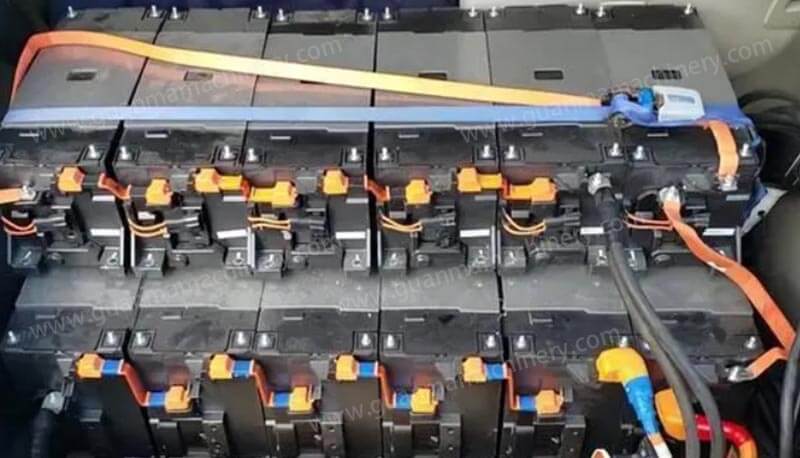
A lithium battery recycling plant is more than just a collection of machines; it’s a fully integrated system designed to maximize resource recovery and minimize environmental impact. These plants incorporate lithium battery recycling equipment that caters to every stage of the recycling process, from initial dismantling to final material refinement. Facilities are designed to handle large volumes of batteries, ensuring that the scale of recycling matches the growing demand for EVs. Moreover, recycling plants adhere to strict environmental regulations, incorporating pollution control measures and waste management protocols to safeguard both workers and the environment.
Advantages of Lithium Battery Recycling Equipment
Investment in high-quality lithium battery recycling equipment pays off in terms of operational efficiency and sustainability. Advanced machinery reduces the risk of accidents and contamination, improving the safety of the recycling process. Furthermore, state-of-the-art equipment enables the recovery of materials at higher purity levels, increasing their market value and facilitating their reincorporation into new batteries or other products. This closed-loop system not only conserves natural resources but also supports the economic viability of the recycling industry.
The Future of Lithium Battery Recycling
As the EV market continues to expand, so too does the importance of efficient lithium battery recycling. Innovations in lithium battery recycling equipment are leading the way towards more sustainable and profitable recycling practices. From modular recycling plants that can be scaled up or down to suit changing demands, to the development of direct recycling technologies that preserve the integrity of battery materials, the future looks bright for the recycling of lithium-ion batteries from electric vehicles.
In conclusion, the recycling of lithium-ion batteries from electric vehicles is a critical component of the transition to a sustainable future. Through the deployment of lithium battery recycling machines, plants, and equipment, we can ensure that the valuable resources contained within these batteries are recovered and reused, driving forward a circular economy in the automotive industry.

